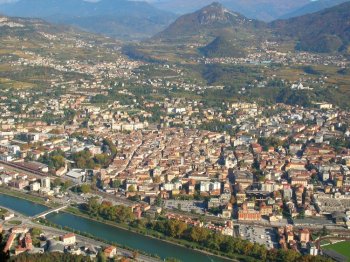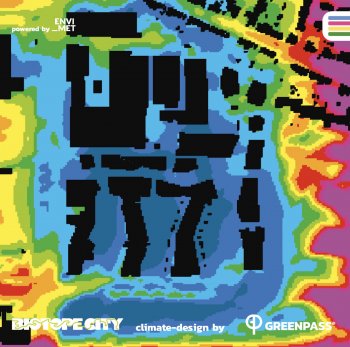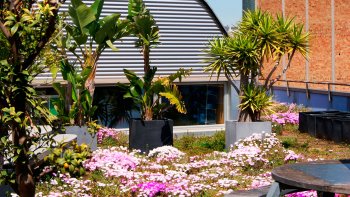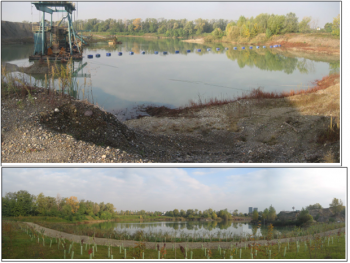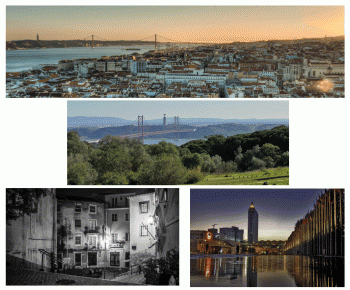Mapping and assessing ecosystem services to support urban planning in Trento
Trento is an alpine city of 120,000 inhabitants in north-eastern Italy. The main settlement is located along the Adige River’s valley floor, and hosts around 70% of the city’s population. The remaining 30% lives in small villages spread in the surrounding hills. One of the main objectives of the administration in the last years has been to increase the amount of public green areas, particularly in deprived neighbourhoods, so as to improve equity in distribution and access. Recently, most of the efforts have focused on peri-urban areas, by creating new parks and launching activities aimed...More

